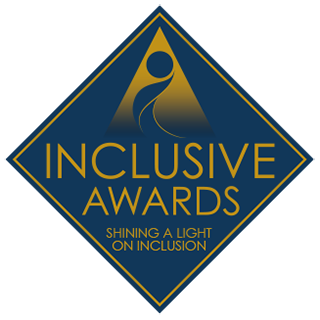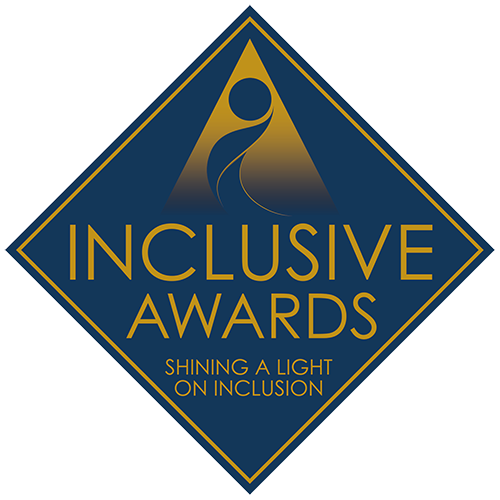As a broadcast journalist and eventually, manager and Editor, I had been working in inclusive ways for 20 years, setting up inclusion-based systems, for recruitment, reporting, audience, at my previous employer, when some peers suggested I set up on my own. I started Unheard Voice, because for me, the reason for this work is ‘giving the unheard voice a place to speak’; it’s the purpose of the business, it’s the purpose of the work, and it’s the reason I endeavour in it’s service.
Getting here has been nothing short of traumatic. Within the organisation, a career I’d fought hard for and thrived in was under threat by those who couldn’t stand to see me succeed. I was subjected to some of the most horrendous treatment by colleagues and the organisation. My identity was so tied up in my work, I couldn’t imagine a life outside it.
I ran Unheard Voice as a side-hustle since early 2018, but in early 2020, a Black colleague posted on socials a video about her brother being stopped and searched and bosses told her to take it down. I was furious and fought her corner, saying impartiality was being enforced subjectively. I knew then, I needed to plan to leave. I stayed when the pandemic hit, as there was a vital role for local radio in the civic emergency, during which I was able to fundamentally make life-saving connections; but, by the summer, and post-George Floyd, I had to resign and see if I could make Unheard Voice work out.
I had a couple good contracts when I spotted the role at the Royal Institute of British Architects (RIBA) for their inaugural Director of Inclusion and Diversity. My full-time consultancy was off to a good start, but when I saw that advertisement, I thought, I don’t need that job, but I want it.
Two memories flashed through my mind in an instant. The first, was of Stephen Lawrence, who, of course, wanted to become an architect. It was a key fact I remembered about him and it had always stuck in my mind, so it surprises me when I learn how few people outside the sector know it too. The second was, I recalled, that many years ago, when the refurbishment work at the Palaces of Westminster was first being touted, there was a radio discussion about it that I heard. There were suggestions that the work of Parliament could move out of the Palaces and travel around the country. That policy could be made in circular rooms and spaces– and there was incredulous laughter in the radio studio. Guests scoffed at the idea that policy could be made by people sitting in a circle, or, God forbid, in Birmingham.
I remember thinking at the time, this is fundamental to our problems. We are governed by people who face-off at the dispatch box. The very nature of the space encourages combat, rather than collaboration. Maybe, if Parliament travelled around the country and explored different physical, as well as geographical, spaces we might have a more conciliatory and compassionate approach to policymaking. I fundamentally understood how space influenced how we thought, communicated, and behaved.
So, when I saw the job, those memories sparked for me, and I realised, if I could influence the creation of inclusive spaces, I could influence the creation of an inclusive world.
No small task, but a rewarding and purposeful one. One I believed in. One, I hoped, I could encourage others to believe in too. I found myself at the RIBA, and I got to work. And, I mothballed Unheard Voice.
I chose to leave the RIBA, after 18 months, spotting the signs and knowing I couldn’t put myself through another traumatic loss of support when I’d won global awards – two Brandon Hall HRD Gold Medals for DEI work and another for Unconscious Bias work, and the International Federation of Training and Development Organisations Global HRD award for turning Learning into Action, as well as broad cross-sector adulation, for my work in such a short time. I re-opened Unheard Voice with a strong reputation in the Built Environment and a clearer purpose than ever before, cognisant that if we’re not consciously building-in inclusion into our world, we’re probably unconsciously building-in exclusion – and that couldn’t happen whilst I had the skills and platform to influence around it.
Commissioned to write the book, which is now being published by Routledge, Building Inclusion – A Practical Guide to EDI in Architecture and the Built Environment, the consultancy has gone from strength to strength working in the sector, but in others too, health, higher education, sport etc. foregrounding Cultural Intelligence as the foundation methodology.
It hasn’t been an easy, but my profile brought be to the attention of the Institute of Business Ethics, and I have been appointed to their International Advisory Council.
The work is never straightforward, but I push for wins where we can, and always with the view that the unheard voice must be given a place to speak.



